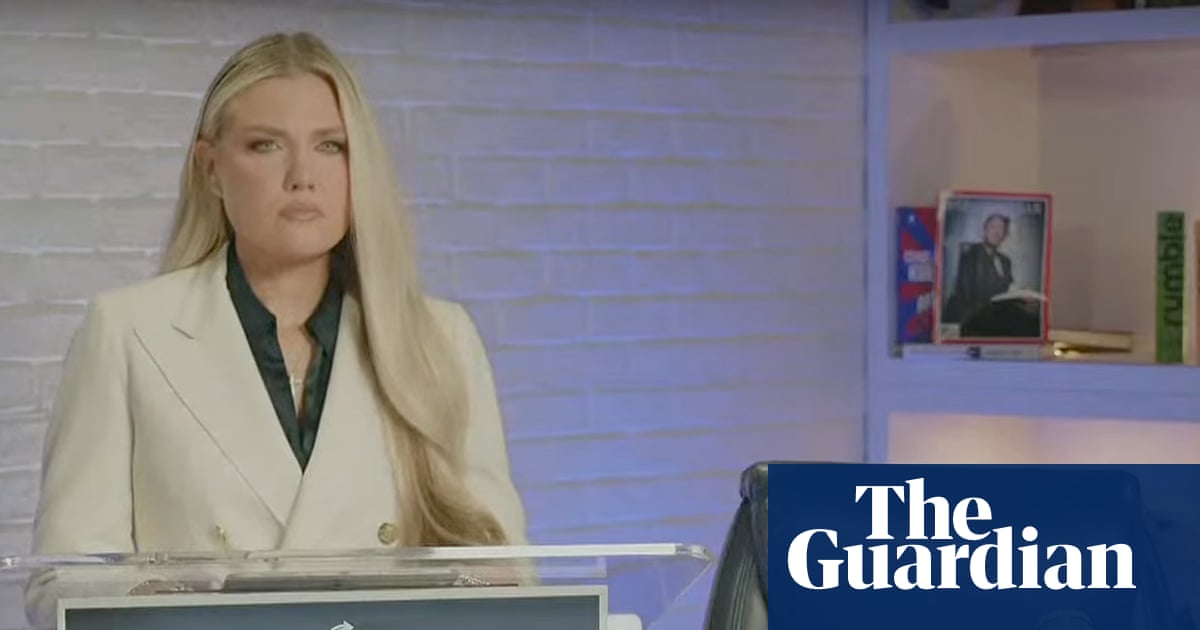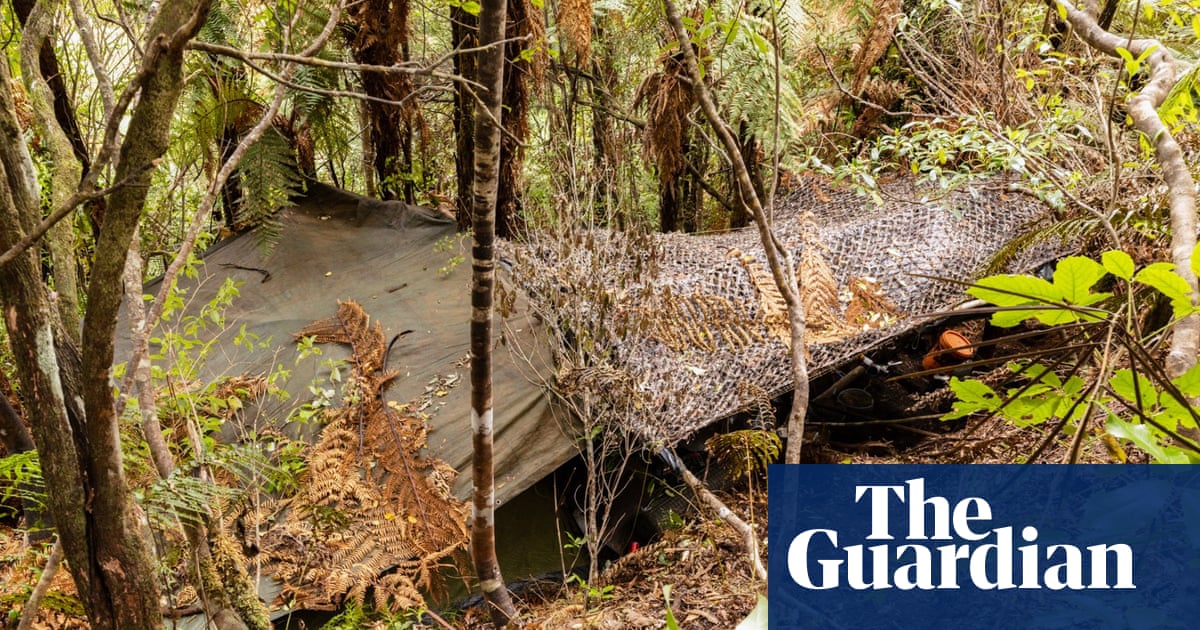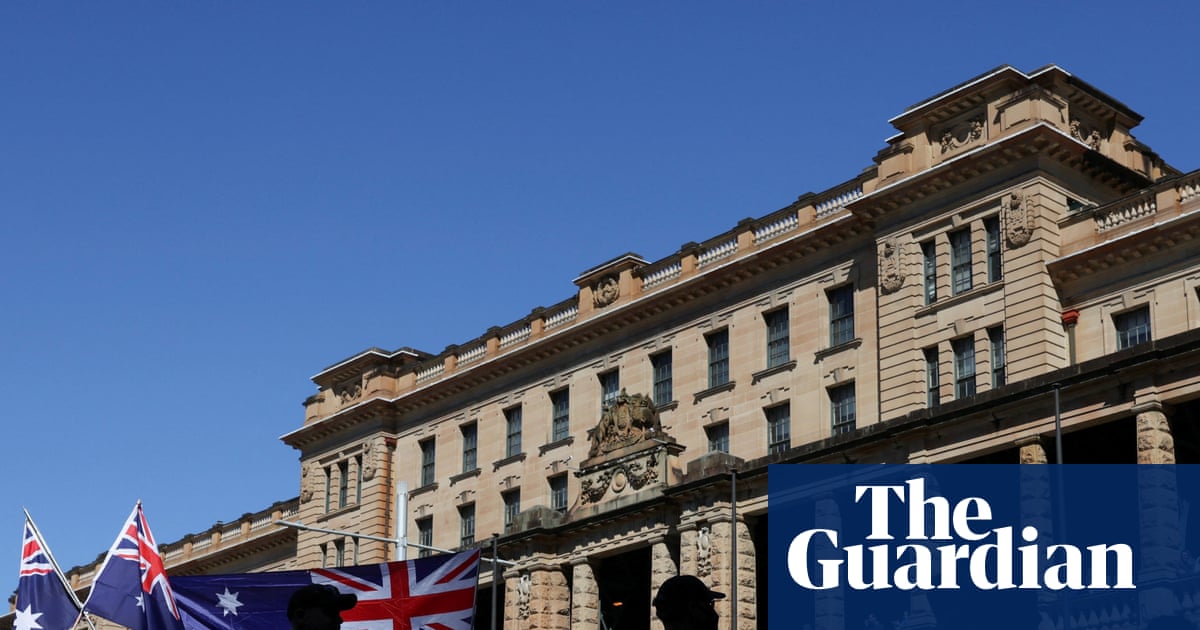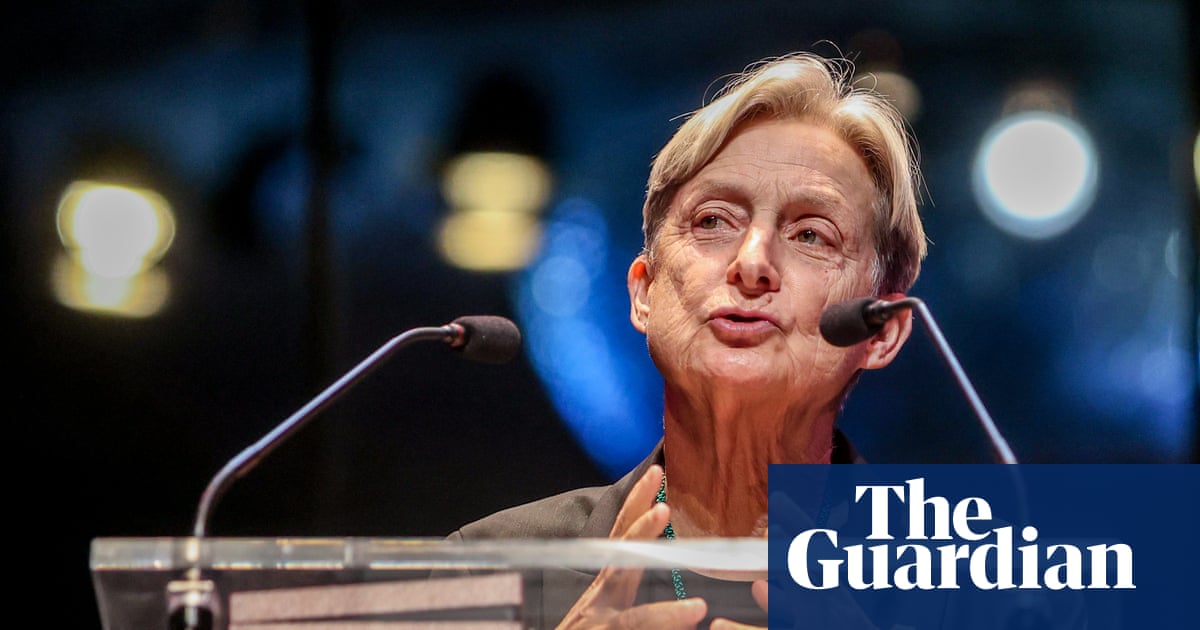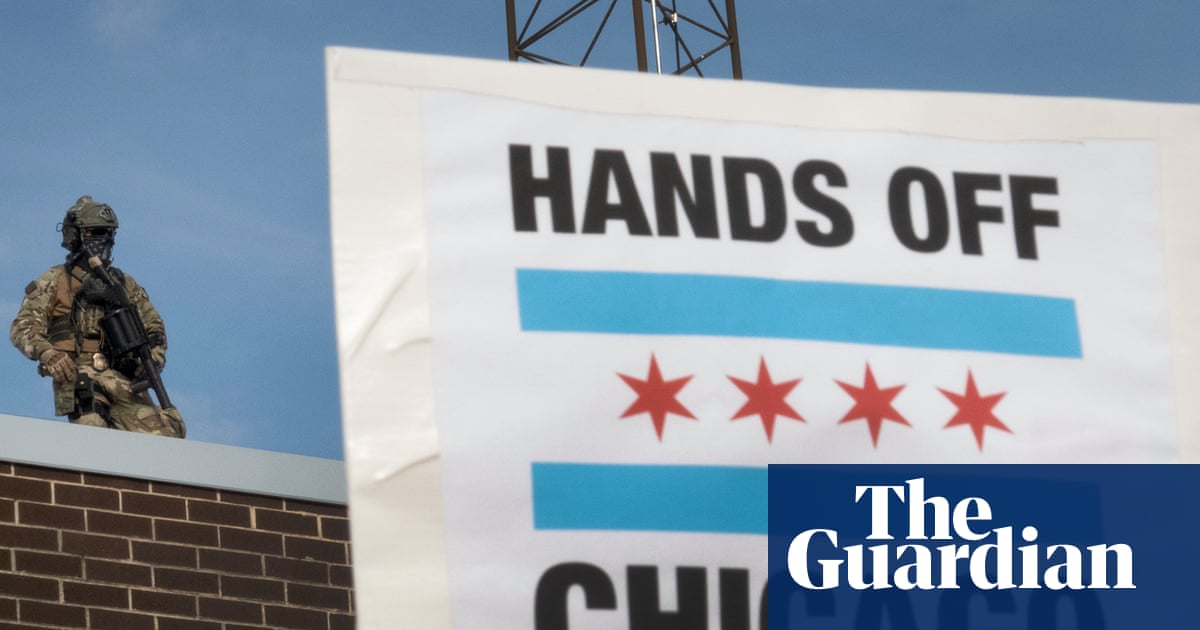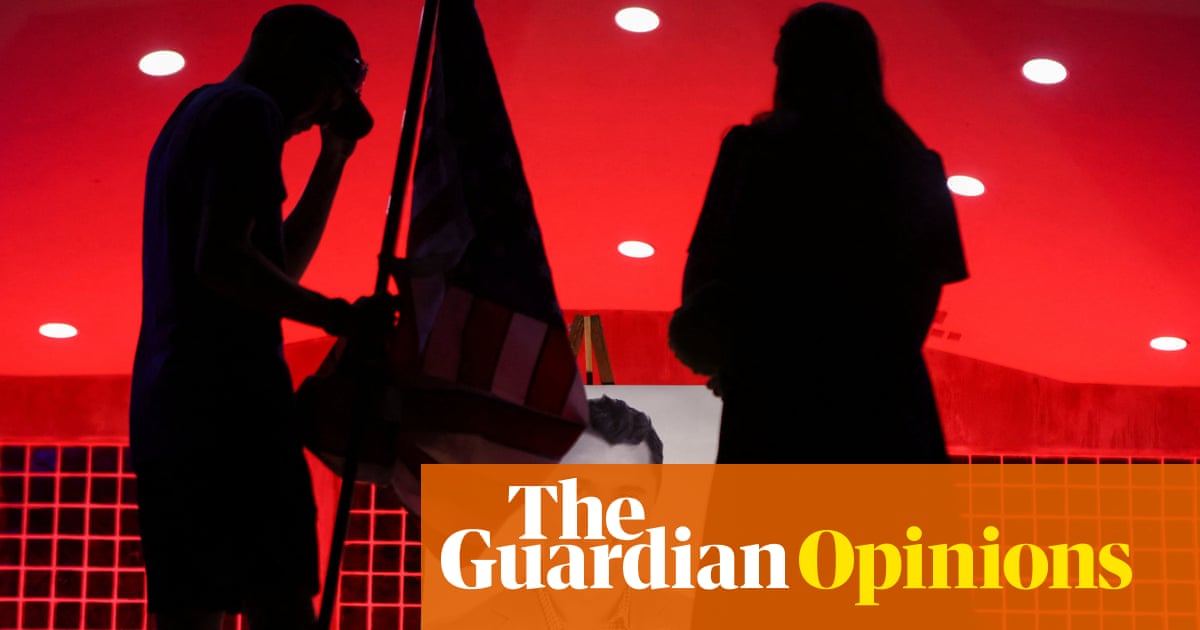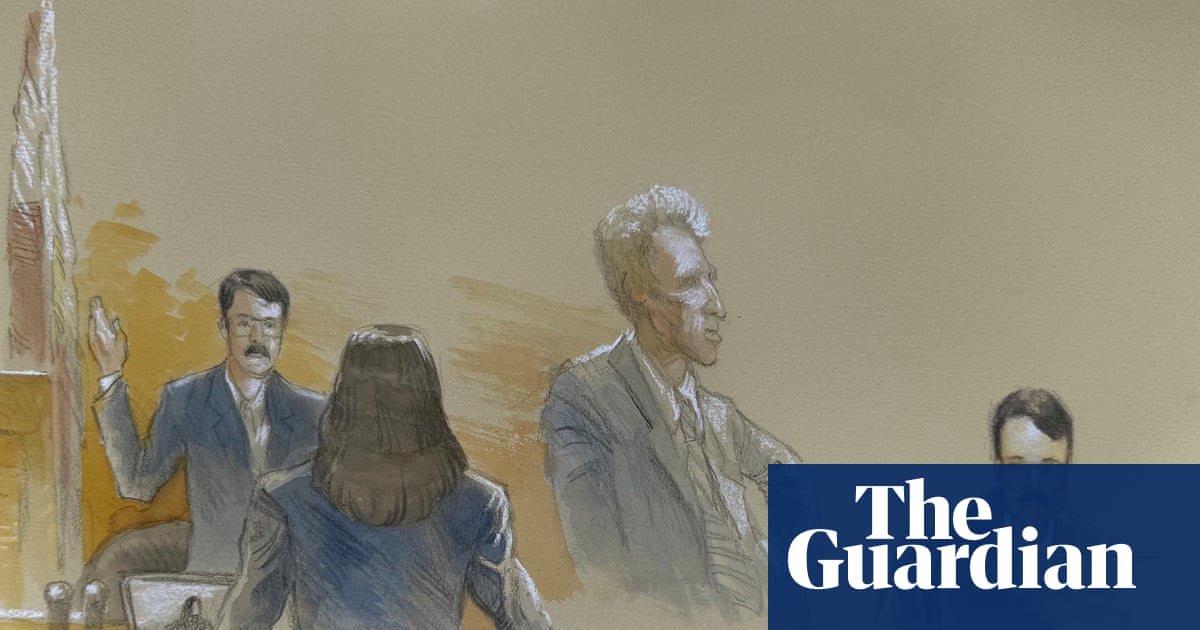It is an interview like no other. One which has seen Emmanuel Macron confronted over whether it was right to marry his former teacher and Danny Dyer probed about whether he has a joint bank account with his wife. Celebrities have been caught off guard, or left sobbing and laughing in equal measure.
The Assembly, in which an audience of autistic, neurodivergent and learning disabled people ask unpredictable, probing and often remarkably direct questions of a celebrity, has won plaudits and rave reviews since launching in 2022. It has now become an international phenomenon.
The show, which originated in France, had more international commissions than the all-conquering reality hit The Traitors last year. The format has already been commissioned across 19 countries, according to an industry report by K7 Media. Ten new versions have already been confirmed.
Unusually for a new European format, The Assembly is already making its mark in Asia: it will launch in Singapore in January. It is heading into its fourth series in France and has been a hit in Norway, Australia and Denmark – succeeding on public and private broadcasters.
Its producers say the authenticity of the show has created its universal appeal – while the clippable content is perfect for a social media age in which broadcasters are desperate to reach younger audiences glued to their feeds.
Stu Richards, creative director of the programme’s UK producers Rockerdale Studios, said it was crucial the show was billed as having broad appeal, rather than as a programme highlighting neurodiversity. “It’s not just representation for the sake of it – it’s not tokenistic,” he said. “We see this as mainstream entertainment.”
The stripped-back look of the show – shot over three hours in natural light with the camera crew in full view – adds to the sense that viewers are getting an unfiltered experience. “There’s an honesty that you just don’t get in other TV shows,” said Richards.
“It has non-culturally specific values like honesty and by extension, empathy. In shows with disabled people, you as a viewer are almost always asked to be sympathetic towards the people you’re seeing. You’re rarely asked to empathise. In this show, our cast have the authorship, they have the agency.”
Richards said he was sold on the idea immediately after seeing Macron asked bluntly about the propriety of his marital relationship. “When I saw that question, I thought: this is something unlike any interview format I’ve seen,” he said. “We’ve had interview formats in the past, like Ali G, where people have tried to ask comedically funny questions. But the president of France asked about the age gap with his older wife? Boom, yes. I’m completely in.”
For broadcasters desperate to reach new audiences to be found on social media, the format also lends itself to short clips, as an unsuspecting celebrity responds to a left-field question. Several of such clips, featuring Macron, Michael Sheen and the Game of Thrones actor Nikolaj Coster-Waldau in the Danish edition, have gone viral.
“That’s the mother load for so many commissioners and broadcasters at the moment,” said Michelle Singer, Rockerdale’s director of production.
Coster-Waldau broke down when talking about the death of his alcoholic father. In the Australian edition, the Jurassic Park actor Sam Neill was similarly floored when asked about the best lesson he had learned from his parents.
after newsletter promotion
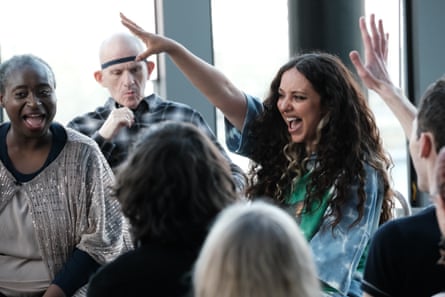
The team distributing the show had a queue of potential takers after it aired in France. They said the dynamic between the cast and the interviewee meant it was unlike other chatshows or political programmes. “It’s the authenticity,” said Arnaud Renard, co-founder of Can’t Stop Media, the programme’s distributor. “Everybody gets it. Everybody understands it’s a show where we have people that are going to ask unexpected questions – but without bad feelings. We’re not trying to trick people.”
Despite the show’s international success, it has had an unusual journey in the UK. A pilot featuring Sheen was made for the BBC, but the corporation is said to have concluded it did not have the funds to make a series. It has since found success on ITV, where the first series featured David Tennant, Jade Thirlwall, Gary Lineker and Dyer – who, among other things, was asked how much he was paid for presenting the Saturday night gameshow The Wall (about £100,000).
Bigger names have been booked for follow-up series overseas, though producers are sworn to secrecy. To take it to the next level in the UK, fans are hoping a British politician might be brave enough to enter The Assembly should a second series materialise.
“It’s interesting that the idea for this programme grew from the grilling of Emmanuel Macron.” said Tim Nicholls, assistant director of policy, research and strategy at the National Autistic Society. “Wouldn’t it be great if we could see British politicians subjected to the same scrutiny by autistic interviewers?”

 2 months ago
44
2 months ago
44


